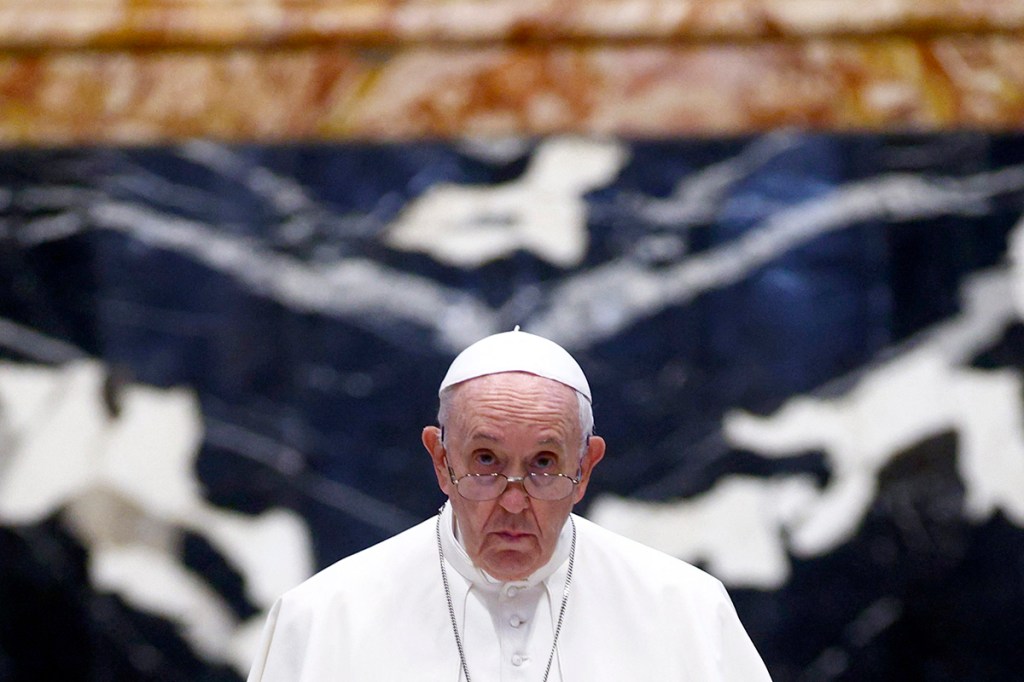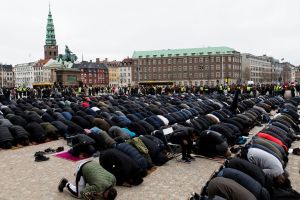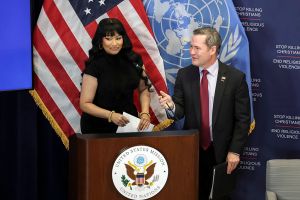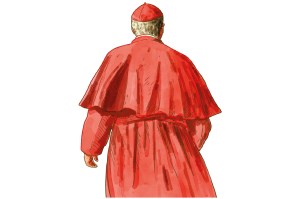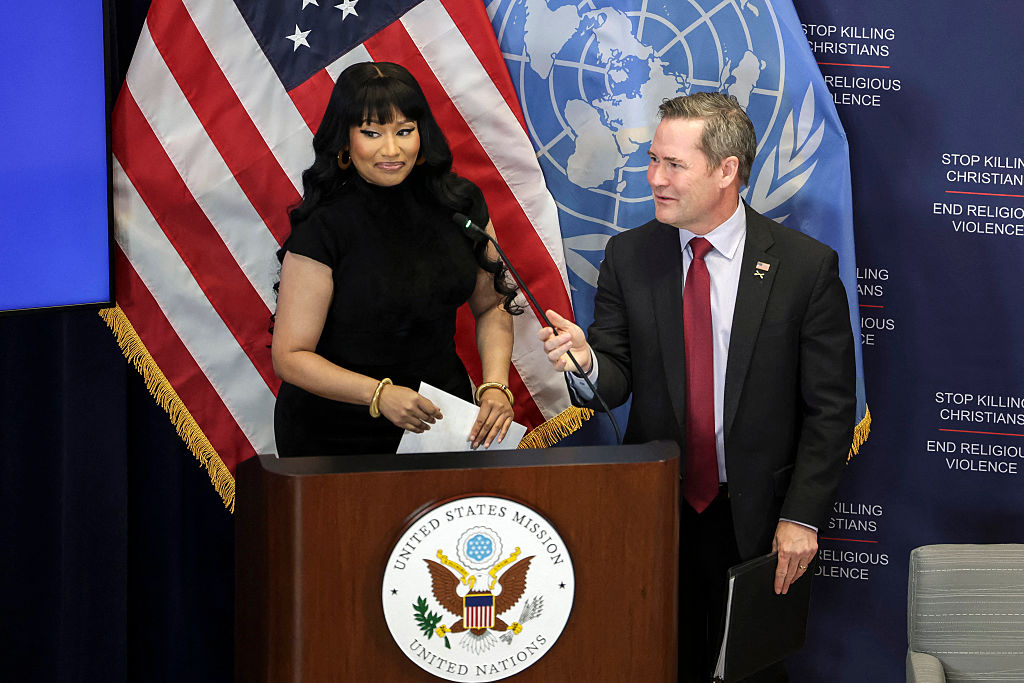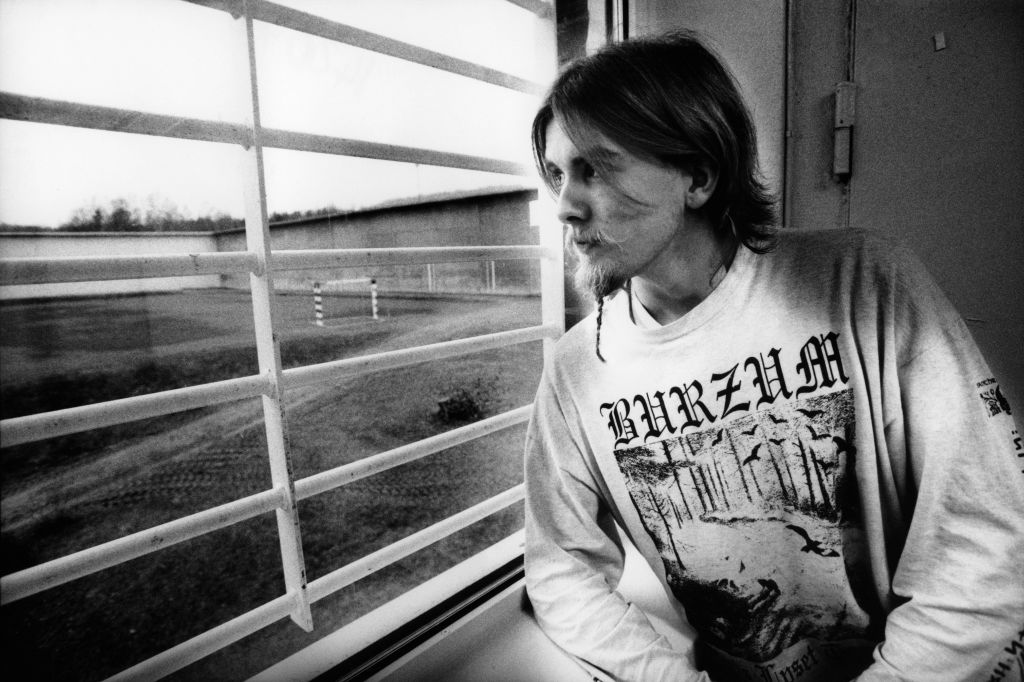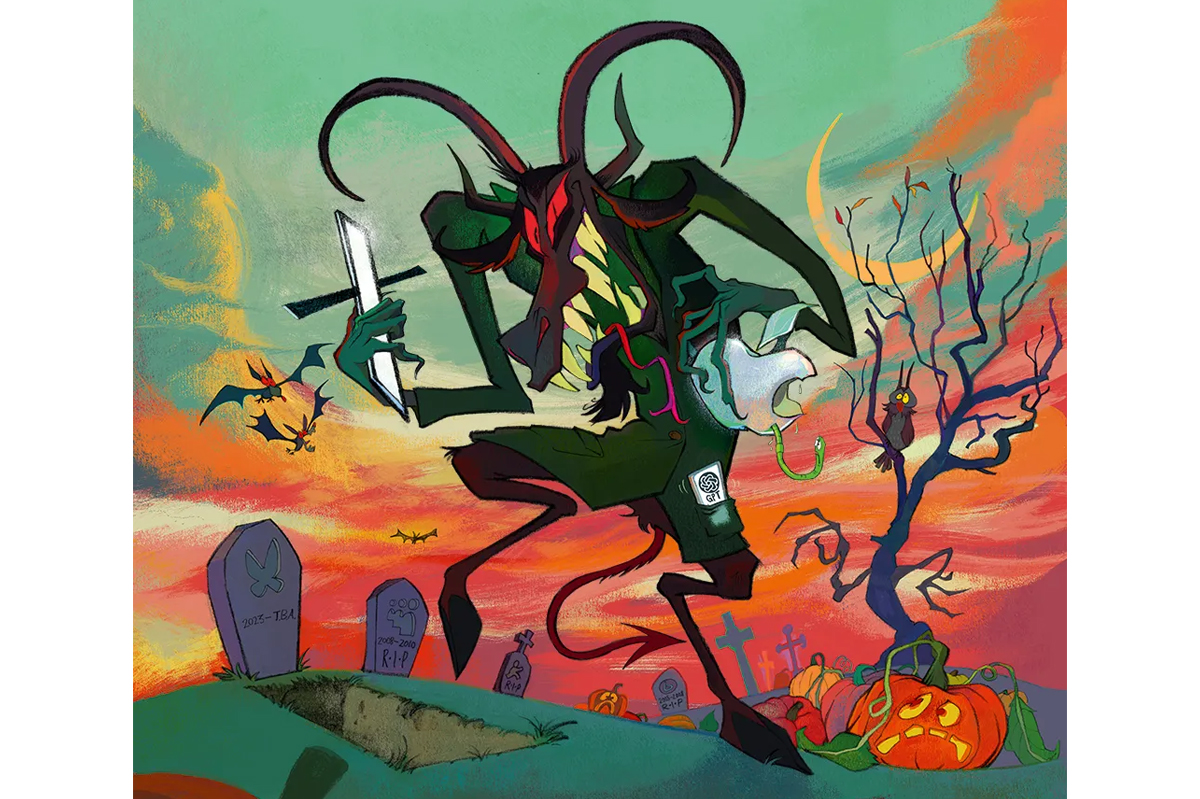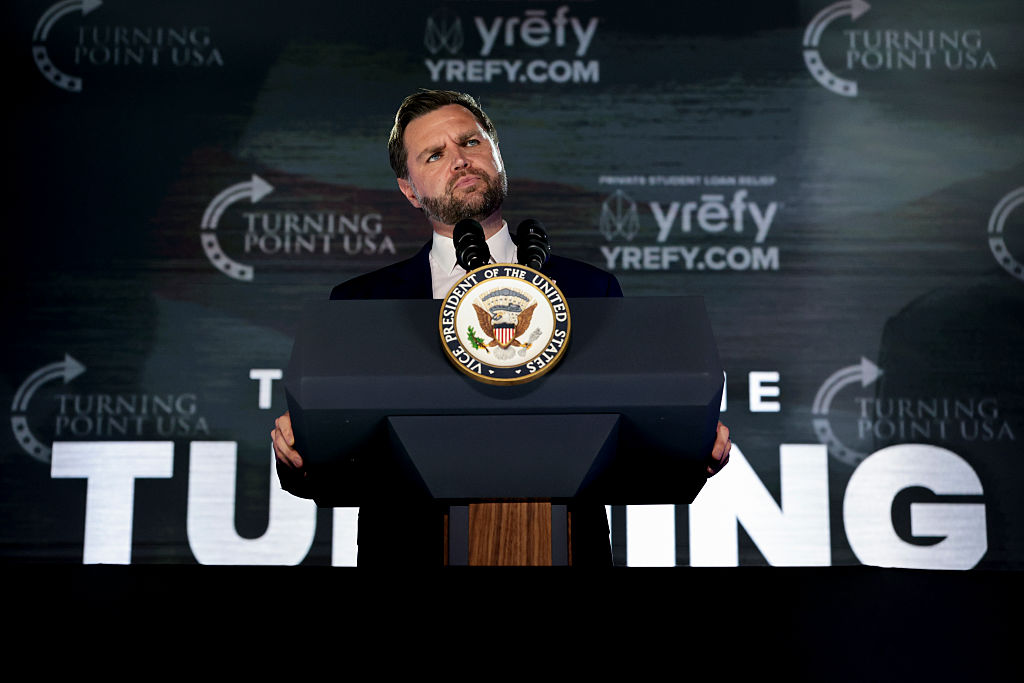I am going to have to boil this down as crudely as I can, because it’s a complex subject with a simple message, but the Pope is attempting to make it as hard as possible to say, and thus attend, the Old Rite Mass. This is the form of Mass most Catholics went to before the 1970s. It was replaced with a New Rite and the Old was driven more-or-less underground. In 2007 Pope Benedict XVI decided that priests who wanted to say the Old should be allowed to. Francis has rescinded that: now you must get the bishop’s permission and things will be weighed heavily in favor of the bishop saying no.
Why does this matter for Catholics and non-Catholics alike? Because it’s a lesson in how liberalism in this gerontocratic, Brezhnev-esque stage behaves — utterly intolerant of anyone who breaks from the party line. It is not enough to be quiet or even submit. You must conform.
Francis’s case is flawed on three levels. First, he is known as the Pope of mercy, but this is decidedly unmerciful to those parts of his flock who love the Old Rite. He routinely attacks rigidity in the faithful, meaning conservatism, but can be as rigid as steel. He has pushed for a more decentralized church but is now invading people’s very consciences. And he says he wants unity, but his decree is most likely to promote schism. In short: this is a classic case of hypocrisy, of a politician being everything they accuse their opposition of.
Second, I’m reluctant to accuse the pontiff of outright lying, but his proclamation is disingenuous. He claims that all Benedict wanted to do was provide for the handful of dying traditionalists who wanted the Old Rite, but we all know there was more to it than that — that there was a hope of modernizing the Old Rite while clearing up abuses in the New, while acknowledging that the Old is a perfectly valid expression of the Catholic faith (which is a recipe for mutual enrichment and genuine unity). Moreover, practice of the Old is one of the few areas of growth in the Western Church — to the embarrassment of those who hate it — and the reasons for its success are obvious. For many attending it for the first time, stripped of its social context in the 1960s, it is refreshingly novel and it strikes them as prayerful and beautiful, an antidote to the noise of the 21st century. Francis claims that it has become a rallying point for critics of the modern church, that it is a threat to unity — and that’s true in parts, but not in the vast majority of dioceses. Indeed, the best effect of Benedict’s action was to divorce practice of the Old Rite from schismatics: it meant that if you wanted to enjoy it, you no longer had to attend a dubious underground church. It is Francis who has made it controversial again, pushing it to the margins and then accusing it of being marginal.
Third, we all know deep down that this is a desperate last stand by the 1960s generation of clerics, a generation that is about 10 years from losing its grip on power. The seminaries are full of young men who want to say the Old Rite. In many cases, Francis’s action will seem like a terrible blow to their vocations because it strips them of a right they assumed they would be free to exercise, sending the message that they cannot trust the Vatican not to change the rules of the game at a moment’s notice (what’s next?!). But they should stand their ground and persevere, because that Sixties generation, the type that go weak at the knees when you whisper the words ‘Robert F. Kennedy’, are not long for this world, and when they finally go, all the baggage of their era goes with them. What they do not realize with this last ditch attempt to kill the Old Rite is that they are poisoning the legacy of their own agenda. There’s a lot that Francis is correct about: he has changed my mind on the environment and nudged me back to the left in economics. But by tying that progressive agenda to a narrow cultural politics, liberals will alienate natural allies.
They will also leave the wider world scratching its head in confusion. Why, in the middle of a pandemic — with child abuse dogging the church and communist China suppressing religion — launch a crusade against a pretty liturgy that is said in very few places and does no harm to anyone? Because liturgical wars, like debates over art or architecture, are a cover for ideological obsession. We betray ourselves by our priorities.
Liberalism once promoted diversity; now it is in power, it has hardened into orthodoxy, a design for life that we must all follow. The conservatives used to run the Church and were often nasty with it, that’s true: but they lost the war. Now that they are out of power, all they want is the right to be left alone. Well, they can’t have it, and it’s naive to think peace is an option. The reason why what Francis has done matters is because some day the kind of liberalism he embodies will come for you — for the simple, sweet thing you were doing that wasn’t bothering anyone else but, by its mere existence, was an existential threat to the governing regime. You are next.
This article was originally published on The Spectator’s UK website.



